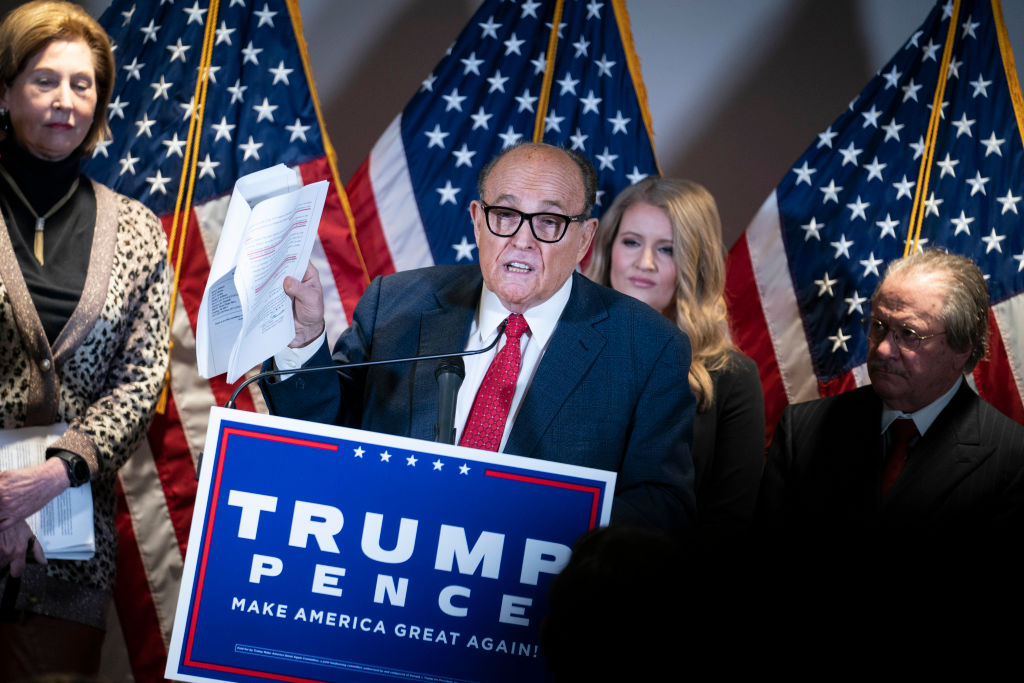As another who engages in this same practice, I laud you for your dedication and persistence in getting at the truth. It’s hard, very hard – but it’s the only way one can reliably determine what is actually going on.
I did not do that in these cases, having satisfied myself early on that they were political theater, but your compilation is invaluable. Also hard won. I really appreciate the work you put into it.
To the OP:
I am sure @Ann_Hedonia would back me up when I tell you that the Trump “administration” has engaged in exactly this sort of misdirection from the very beginning. It’s not a tactic they pulled out of, well… somewhere… just for the election fraud caper. When one reads all the source materials, one realizes quite quickly that projection is one of the Trump Cabal’s first tactics: Accuse your opponent of doing exactly what you yourself are doing. ‘Diabolical’ is one word for it.
I think many people have a hard time accepting that the people in government meant to lead them can actively be this dishonest about what is going on, so they tend to give credence to things said by Trump and his cohorts. I mean, could one’s president and his supporters lie with such abandon? Oh, yes. Yes, they could. And they do.
As for your original question, IANAL, but I worked for them and for judges in courtrooms for many years. One picks up a few things. You have probably heard the words, “threshold issues,” bandied about in legal circles when talking about how cases are heard in court. There are many threshold issues that come before evidence is considered in a trial/hearing. Think of it like a subway, where there are many stops along the way before you reach your destination.
One example of a threshold issue would be procedural: Did the plaintiff(s) give proper notice to the defendant(s) of their claims? If they didn’t, there is no need for the court to consider evidence, because the people who need to know they’re being sued haven’t been told about it.
‘Standing’ is another example of a threshold issue: Does the Plaintiff have a direct interest in the case such that s/he may be harmed if s/he doesn’t bring suit? Standing is a complex issue. It is also one that must be considered and decided before the court ever gets to the evidentiary portion of the proceedings.
Threshold issues always come up before evidence is taken, reviewed or heard. Sometimes they come up mid-trial, but it’s rare. Either way, if a judge can help it, you won’t get to the last stop on the metro line – reviewing evidence – until you’ve stopped at all the others before it.
Hope this clarifies a bit how judges have discretion about how much evidence they review in rendering a decision.
